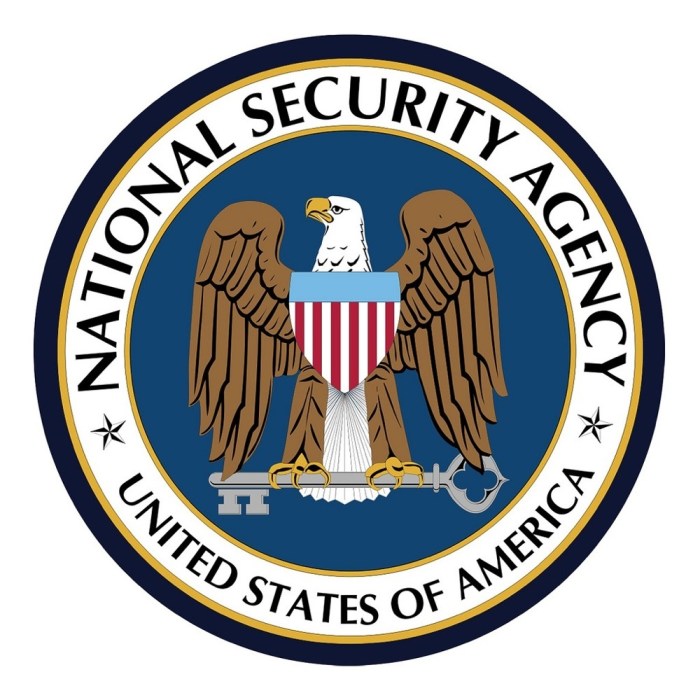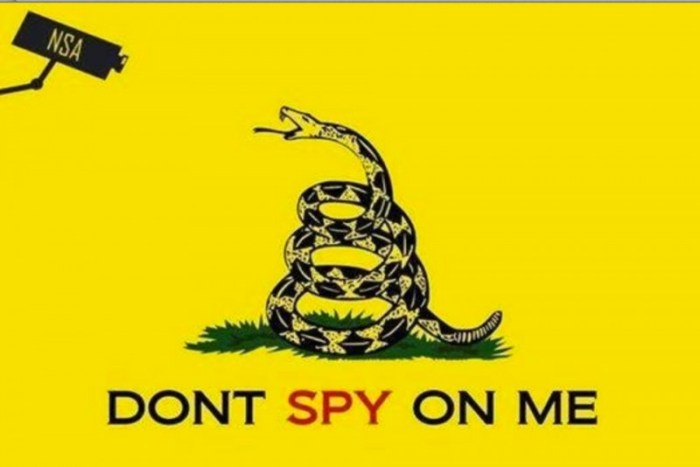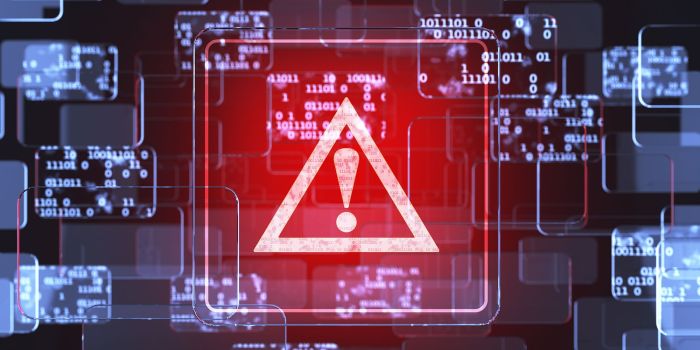An nsa must be sure not to include any nppi – An NSA must be sure not to include any NPI. This is because NPI is sensitive information that could be used to identify individuals. Examples of NPI include names, addresses, Social Security numbers, and medical records.
There are a number of ways to identify and remove NPI from collected data. One method is to use a data scrubbing tool. Data scrubbing tools can be used to search for and remove specific types of information, such as NPI.
Another method is to manually review the data and remove any NPI that is found.
Background: An Nsa Must Be Sure Not To Include Any Nppi

Ensuring the exclusion of non-public personal information (NPI) from data collected by the National Security Agency (NSA) is crucial for protecting the privacy of individuals and maintaining public trust. NPI includes sensitive information such as names, Social Security numbers, financial data, medical records, and other personal identifiers that could be used to harm individuals if compromised.
Identification and Removal of NPI

Identifying NPI in collected data can be challenging due to its varied nature. Automated tools and manual review are commonly used to identify and remove NPI. Automated tools can scan data for specific patterns and s associated with NPI, while manual review involves human analysts examining data for potential NPI.
Once NPI is identified, it must be removed or redacted from the data. Redaction involves replacing NPI with a placeholder or a generic value, while removal involves deleting NPI from the data entirely.
Compliance and Regulatory Considerations
The NSA is subject to various regulations that govern the protection of NPI, including the Privacy Act of 1974, the Freedom of Information Act (FOIA), and the National Security Act. Non-compliance with these regulations can result in legal penalties, damage to the NSA’s reputation, and loss of public trust.
Best Practices for NPI Exclusion
To minimize the risk of NPI inclusion, the NSA employs several best practices, including:
- Minimizing data collection to only what is necessary for mission purposes
- Implementing strict access controls and data security measures
- Providing training and awareness programs for personnel on NPI protection
Technology Solutions
Technological tools and solutions play a significant role in NPI identification and removal. Automated data scrubbing tools can scan large datasets for NPI, while machine learning algorithms can be used to identify patterns and anomalies that may indicate the presence of NPI.
However, it is important to note that technological solutions have limitations and should be used in conjunction with manual review to ensure accuracy and completeness.
Training and Awareness, An nsa must be sure not to include any nppi
Training and awareness programs are essential for ensuring that NSA personnel understand the importance of NPI protection and follow established protocols. These programs should cover topics such as the identification and removal of NPI, the consequences of non-compliance, and best practices for data handling.
Popular Questions
What is NPI?
NPI is sensitive information that could be used to identify individuals. Examples of NPI include names, addresses, Social Security numbers, and medical records.
Why is it important for NSAs to exclude NPI from their data?
It is important for NSAs to exclude NPI from their data because NPI could be used to identify individuals. This could pose a security risk, as it could allow unauthorized individuals to access sensitive information about NSA personnel or operations.
What are some best practices that NSAs can follow to minimize the risk of NPI inclusion?
Some best practices that NSAs can follow to minimize the risk of NPI inclusion include:
- Collecting only the NPI that is necessary for the NSA’s mission.
- Storing NPI in a secure location.
- Limiting access to NPI to only those who need to know.
- Training personnel on the importance of NPI protection.

